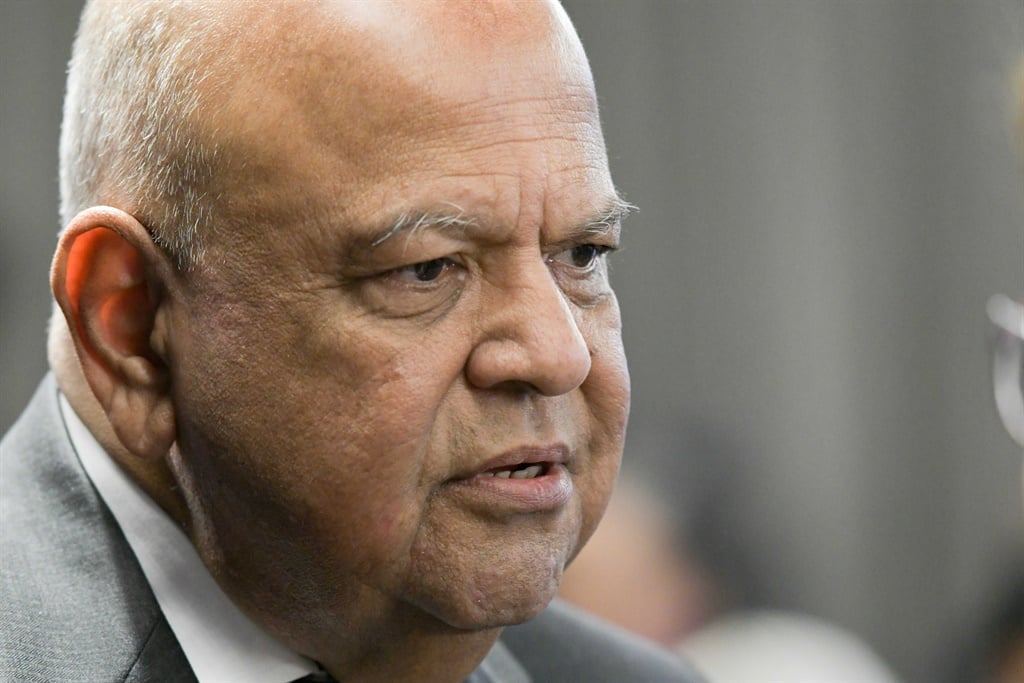
- The R131 billion pledged by the UK, US, France and Germany is an "offer" and not a deal, says Public Enterprises Minister Pravin Gordhan.
- The funding will not go towards addressing Eskom's debt, but part of it will be used for Eskom's just energy transition.
- To avoid leakage of the funding, Gordhan says that the business culture must change and dishonest behaviour must be discouraged.
Public Enterprises Minister Pravin Gordhan says the R131 billion from the US, UK, France and Germany to support South Africa's transition is not a done deal.
The minister was responding to questions in Parliament on Wednesday about the impact of the funding announced during the United Nations Climate Change Conference - COP26 - on Eskom's balance sheet.
The minister said that the money is an "offer".
"This is an offer from the developed countries, it is not a deal," he told Parliament.
"Negotiations will now take place at a technical level to determine if offers are compatible with South Africa's financial requirements and capabilities… Until negotiations are completed, we will keep the national assembly informed," Gordhan said.
He added that this was a "government project" and not an Eskom project.
A group of ministers have been led by Environment Forestry and Fisheries Minister Barbara Creecy on the matter. A technical team has been established and includes South African lenders and experts as well as international experts, to engage on negotiations.
Gordhan said important points were how much of the funding is to be grant money, and just how "concessional" the concessional funding will be.
A lot more money needs to be raised by developed countries, either before or after 2030.
Three projects
Three projects were put forward by South Africa for funding. These include Eskom's just energy transition, the green hydrogen project and the production of electric vehicles in South Africa, said Gordhan.
The just energy transition project was developed by Eskom. If Eskom gets funding for its project at Komati, it will have an important impact on repurposing and repowering the station, he said.
The initiatives at the historically coal-fired power plant include an agri-voltaic plant which allows for dual land use for the generation of solar power and agriculture.
Gordhan said that funding could be used to retrain workers, and prepare the plant for new workers, as well as mitigating the impact on communities.
There are various proposals being considered by Eskom, National Treasury and other stakeholders on the debt burden, Gordhan said. The role-players include government and the Public Investment Corporation, he added.
The restructuring of the entity will also play a factor in how the debt is managed on balance sheets - subject to approval by lenders.
Responding to a question on whether there are controls in place to make sure there is no leakage of the R131 billion, Gordhan said that if the money is successfully negotiated, then effort will be made sure it is "tightly monitored".
"… We require for all political parties to call for a different kind of business culture in South Africa," Gordhan said.
The "parasitism" experienced over many years, where people make easy money through state-managed tenders, should not happen in future, he added.
He said it should be a key national interest to change business culture, and discourage dishonest behaviour.
